Recovering from drug addiction is a challenging journey that demands dedication, discipline, and a solid support network. Among the many obstacles individuals face, peer pressure is often one of the toughest. Whether it stems from old friendships, social settings, or internal triggers, the urge to return to substance use can be incredibly strong.
Mastering the ability to say no is a crucial part of maintaining sobriety. It’s not just about turning down drugs—it’s about choosing your health, your growth, and your future. In this article, we’ll dive into why saying no is such a vital skill in recovery, explore the different types of peer pressure, and share practical tools for staying strong in the face of temptation.
Why Saying No Matters in Recovery
In the context of addiction recovery, saying no isn’t just a refusal—it’s a declaration of self-respect, a boundary-setting act, and a key part of reclaiming control. Many people relapse not because they want to, but because they’re unprepared for the pressure around them. Without the ability to say no with confidence, it becomes far harder to stay on track with recovery goals.
Learning to say no also helps set healthy boundaries, protecting individuals from toxic relationships and high-risk environments. It allows those in recovery to create a space that supports healing and growth.
Even more importantly, saying no builds self-confidence. Each refusal is a reminder of your progress, strength, and independence. It reaffirms your commitment to change and helps reinforce the personal integrity needed to stay sober.
Types of Peer Pressure in Recovery
Peer pressure doesn’t always look the same—it comes in many forms, and recognizing each one is key to resisting it:
- Direct Peer Pressure: This is the most obvious form. Someone may offer you drugs or alcohol outright, saying things like, “Just once won’t hurt,” or “You’ve been clean so long—you deserve it.” When it comes from people you care about, saying no can feel especially difficult.
- Indirect Peer Pressure: Sometimes, it’s not about words. Simply being in an environment where others are using substances—like a party, bar, or reunion with old friends—can make you feel like you need to join in to fit in. Even without anyone directly pressuring you, the social setting can trigger a relapse.
- Internal Peer Pressure: The pressure doesn’t always come from others. Often, the hardest pressure to resist comes from within. Thoughts like “I’ve got this under control now,” or “I can handle just one time,” can lead to rationalizing a return to substance use. Recognizing and challenging these thoughts is critical.
- Emotional Peer Pressure: When friends or loved ones who still use substances make you feel guilty for changing, it can be emotionally painful. Comments like “You’re not fun anymore,” or “So you think you’re better than us?” can stir up shame or doubt. These emotional tactics can be just as harmful as direct pressure.
Being aware of these different types of peer pressure empowers you to anticipate challenges and stay prepared to face them.
7 Strategies to Say No and Stay Strong

1. Be Clear and Confident
How you say no matters. If you sound uncertain, others may push harder. Use direct, confident statements like, “No thanks, I’m in recovery,” or “I don’t do that anymore.” A strong, self-assured response sets clear boundaries.
2. Have Go-To Responses Ready
Being prepared can help reduce anxiety. Practice some responses ahead of time, such as:
-
“I’m focusing on my health right now.”
-
“I’ve committed to a sober lifestyle.”
-
“Thanks, but I’m on a different path these days.”
-
“I’m working on something really important to me, and I don’t want to mess it up.”
Having these on hand makes it easier to handle tough situations on the spot.
3. Change Your Environment
Avoid places and people that trigger cravings or pressure you to use. Surrounding yourself with others who support your recovery can create a safer, more positive environment. New social circles can offer encouragement, inspiration, and accountability.
4. Bring a Sober Companion
If you must attend a potentially risky event, bring along a sober friend or mentor. Having someone there who understands your journey can help you stay grounded and make saying no easier.
5. Build Healthy Coping Skills
You won’t always be able to avoid peer pressure, but you can build tools to handle it. Try strategies like:
-
Practicing mindfulness or meditation
-
Engaging in hobbies that bring joy and relaxation
-
Exercising to relieve stress and boost your mood
-
Journaling to process feelings and stay focused on your goals
Strong coping mechanisms make you more resilient and confident in your sobriety.
6. Lean on Your Recovery Community
Recovery groups like Alcoholics Anonymous (AA), Narcotics Anonymous (NA), or SMART Recovery offer ongoing support from people who truly understand your struggles. Connecting with others who’ve faced similar pressures helps you feel less isolated and more empowered.
7. Remember Your “Why”
When temptation strikes, reconnect with your reasons for getting sober. Is it your health? Your family? A desire for peace and purpose? Write your goals down and revisit them often—they’ll remind you why every no is worth it.
Get Addiction Treatment in Longmeadow, MA

Saying no in recovery is about more than avoiding drugs—it’s about affirming your commitment to a better life. Peer pressure may always be present, but with preparation, support, and the right strategies, you can rise above it.
Recovery is a lifelong journey. Every time you choose to stay sober, you’re proving your strength and rewriting your future. If you or someone you love is struggling with peer pressure in recovery, Pioneer Behavioral Health is here to help.
Contact us today to take the next step toward a healthy, empowered, and substance-free life.


